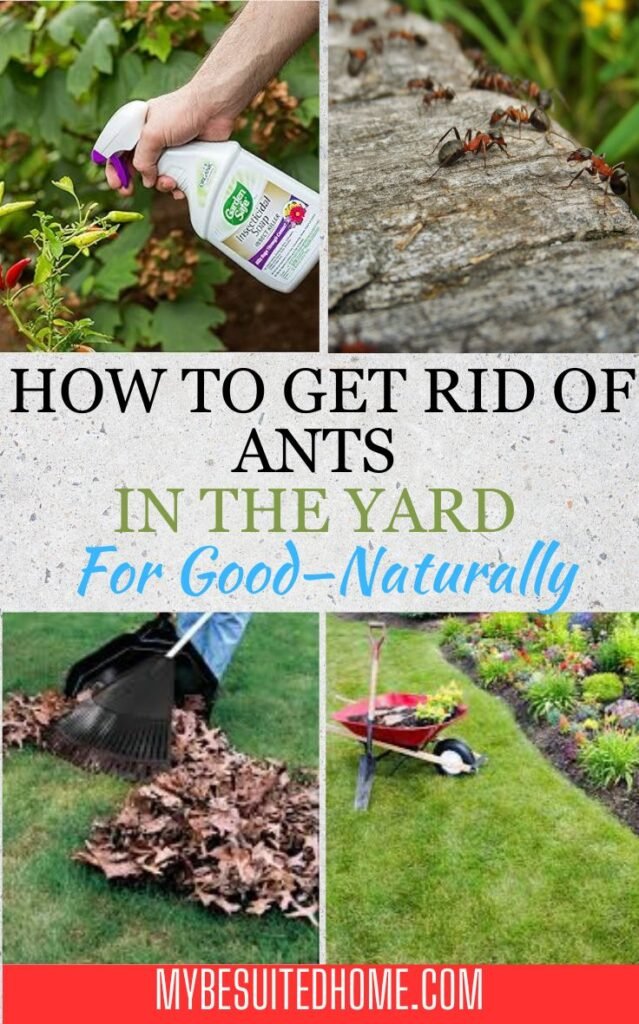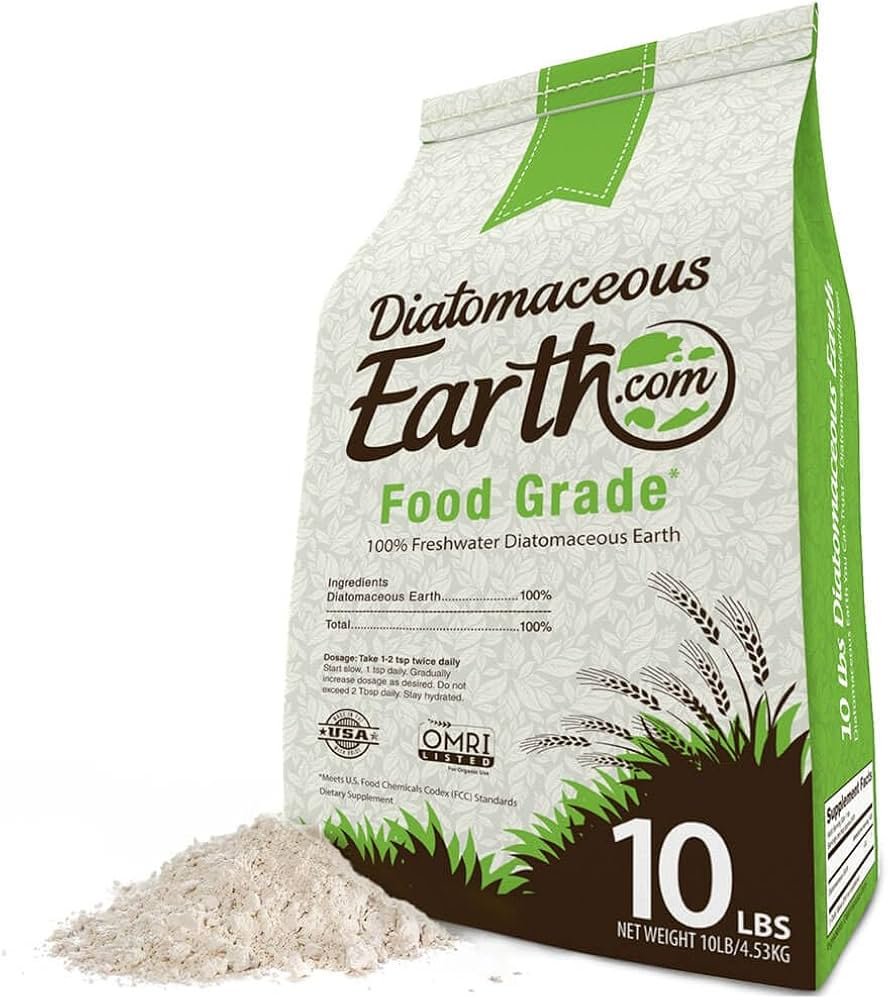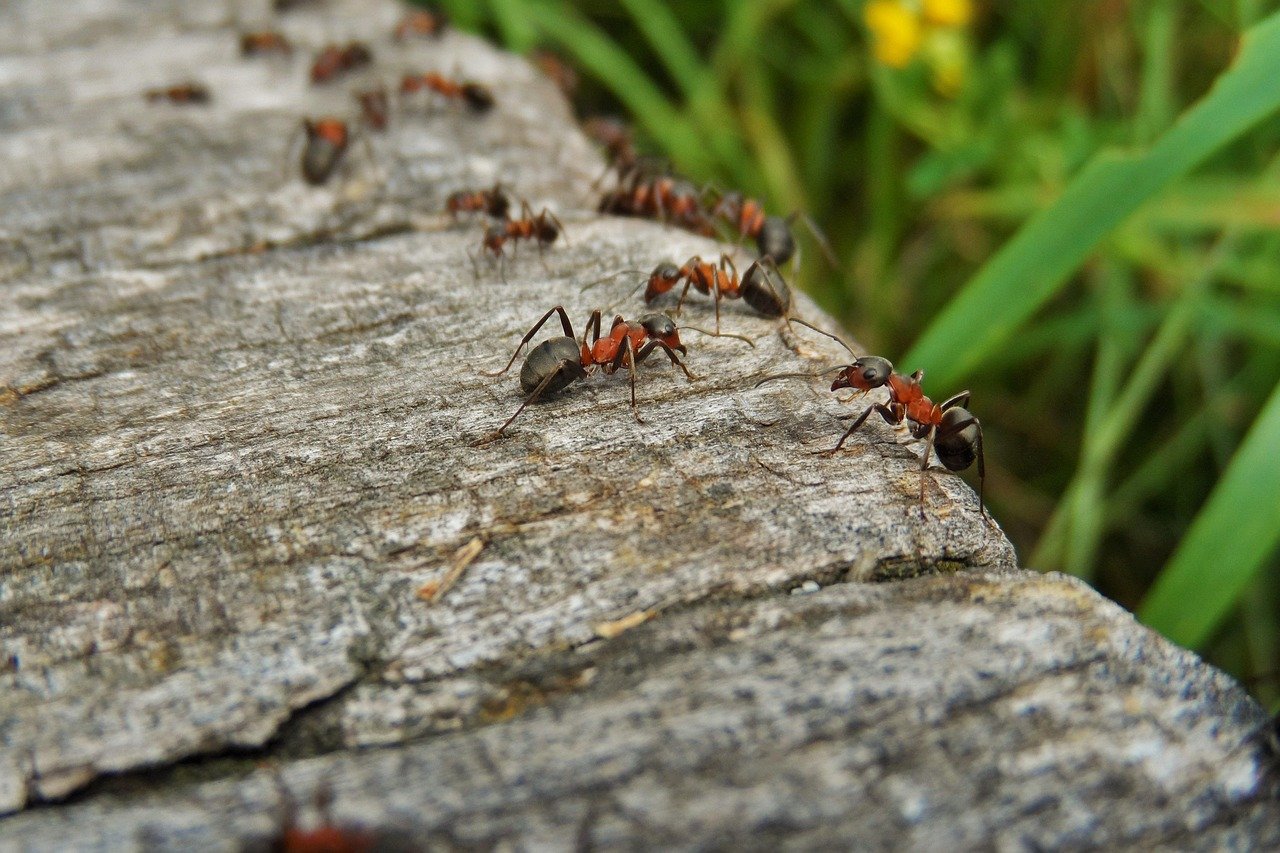
Ants may be tiny, but their presence in your yard can cause big problems. From damaging your lawn to attracting other pests like aphids and even sneaking into your home, ants can be a persistent nuisance. If you’ve been searching for natural ways to banish ants without using harsh chemicals, you’re in the right place.
In this article, we’ll walk you through 13 effective and eco-friendly ways to get rid of ants in your yard for good. These methods are safe for kids, pets, and plants—while still being tough on ants. Whether you’re dealing with small black ants or the more aggressive fire ants, you’ll find a solution here that works.
Let’s dig in and reclaim your yard naturally!
Understanding Why Ants Invade Your Yard
Ants are opportunistic invaders, constantly searching for food, water, and shelter. Your yard, with its abundance of crumbs, trash, pet food, and moisture, can be a perfect ant playground. Overgrown shrubs, mulch, and woodpiles offer ideal hiding spots, while leftover food from barbecues or uncovered trash cans create an ant buffet.
It’s also important to know which species of ants you’re dealing with. Fire ants, for example, are aggressive and sting painfully, while carpenter ants can damage wooden structures. Black ants are more of a nuisance than a danger, but they tend to show up in large numbers. Recognizing their behavior can help you choose the right removal method.
When ants settle in your yard, they build colonies underground with intricate tunnel systems. Their scouting trails become more active when the weather warms up or after heavy rains. The key to natural ant control is to target both the visible ants and their hidden colonies to ensure long-term success.
13 Ways To Get Rid Of Ants In The Yard
1. Boiling Water Method

Boiling water is one of the simplest natural remedies for eliminating ants directly at the source. When poured into an ant mound, the scalding water penetrates deep into the colony and kills ants on contact. It may take a couple of applications, especially for large or deeply rooted nests.
To use this method, boil a large pot of water and carefully pour it directly into the mound entrance. Try to do this during the heat of the day when most ants are active near the surface. Be cautious when handling the hot water and avoid pouring near grass or ornamental plants, as it can scald or kill them as well.
Although it’s an immediate solution, it may not reach every chamber of an extensive colony, especially if tunnels branch out. Still, it’s a cost-effective way to control smaller infestations or act as a first step before combining with other natural treatments.
2. Diatomaceous Earth

Diatomaceous earth (DE) is a natural powder made from fossilized aquatic organisms. It’s harmless to humans and pets but deadly to insects. When ants crawl through DE, the microscopic particles puncture their exoskeletons, causing them to dehydrate and die within hours.
Sprinkle a fine layer of food-grade diatomaceous earth around ant trails, mounds, and potential entry points. Make sure the area is dry—DE is only effective when it’s dry. Reapply after heavy rainfall or watering your lawn to maintain effectiveness. Avoid inhaling the dust and wear a mask when applying it.
Because it’s non-toxic, DE is a great long-term solution to use alongside other natural deterrents. It doesn’t kill ants instantly, but it disrupts their population over time. With consistent application, you can break down the colony and discourage new ones from forming.
3. Vinegar Spray Solution

Ants rely heavily on scent trails to navigate between their food source and colony. A vinegar and water solution disrupts these trails and kills ants on contact. The strong smell of vinegar masks the pheromones ants leave behind, making it harder for them to return to the same spots.
Mix equal parts white vinegar and water in a spray bottle. Shake well and spray directly onto ant trails, mounds, and around the perimeter of your yard. You can also spray it on patio furniture, trash bins, or walkways—anywhere ants frequent. Reapply every few days until activity subsides.
The solution is natural, safe, and cost-effective, though it does have a strong smell that may linger for a short time. If the scent is too harsh, you can add a few drops of essential oils like peppermint or lemon to the mix. Just avoid spraying on delicate plants, as vinegar is acidic and may damage them.
4. Citrus Peels or Citrus Oil

Citrus peels contain d-limonene, a natural compound that is lethal to ants. It erodes their waxy exoskeletons and suffocates them. The peels also act as a deterrent thanks to their strong scent, which disrupts the ants’ pheromone trails and confuses their navigation.
Save lemon, orange, or grapefruit peels and scatter them around the edges of your yard, garden beds, and any active ant mounds. You can also blend citrus peels with water to create a homemade spray. Add a bit of dish soap for an extra punch, and apply the mixture where ant activity is highest.
Alternatively, use citrus essential oils. Add 10–15 drops of orange or lemon oil to a spray bottle with water, and spray liberally. This method is safe, fragrant, and doubles as a natural cleaner for outdoor surfaces. For best results, reapply every few days or after rain.
5. Cornmeal or Grits Trap

Cornmeal and grits are inexpensive pantry items that can sabotage an ant colony from within. Ants are drawn to the food but can’t properly digest it. Once consumed and brought back to the nest, it causes bloating and death over time, especially for the larvae.
Place small piles of dry cornmeal or grits near anthills and along ant trails. Keep it dry and sheltered from rain for maximum effect. Don’t mix it with sugar—ants are already attracted to the cornmeal itself. You may notice ants disappearing within a few days to a week.
This method is not an instant kill but a slow-acting trap. It’s particularly useful if you want a non-toxic approach that doesn’t disturb the soil or plant life. Use it alongside other repellents for a well-rounded strategy.
6. Baking Soda and Powdered Sugar Mix

This old-fashioned DIY trap works wonders by combining sweet bait with a deadly twist. The powdered sugar attracts the ants, while the baking soda reacts with their acidic digestive system and kills them after ingestion.
To make this remedy, mix equal parts baking soda and powdered sugar in a shallow dish or jar lid. Place it along common ant paths, near mounds, or along the edges of flower beds and patios. Keep it dry and refill every few days to maintain freshness and effectiveness.
This solution is completely safe for households with pets and children and costs just pennies to implement. It may take several days to see results, but the method effectively wipes out colonies when ants bring the mix back to the queen.
7. Essential Oils (Peppermint, Tea Tree, Clove)

Essential oils are a natural ant repellent with the added bonus of smelling fantastic. Oils like peppermint, tea tree, and clove interfere with ant scent trails and irritate their senses. These oils don’t just repel ants—they can also kill them upon contact.
Mix 10–15 drops of your preferred essential oil with a cup of water and a teaspoon of witch hazel or alcohol in a spray bottle. Shake well and spritz around entry points, windowsills, and garden paths. Reapply every few days, especially after rain.
For a long-lasting solution, soak cotton balls in the oil and place them in small containers near ant-prone areas. Replace the cotton weekly to maintain potency. This method is especially useful near porches, pet bowls, and picnic tables.
8. Cayenne or Cinnamon Barriers

Both cayenne pepper and cinnamon are natural deterrents that ants dislike due to their strong scent and irritant properties. These spices create invisible barriers that ants are unlikely to cross, making them great for protecting specific zones in your yard.
Sprinkle a line of ground cayenne or cinnamon across ant trails, around mounds, or at the base of outdoor furniture and planters. You can also combine them with essential oils for a more potent repellent. Reapply after rain or heavy watering to maintain effectiveness.
Cinnamon has the added benefit of being mildly antifungal and can complement your garden’s ecosystem. While these spices don’t kill ants directly, they disrupt their movement patterns and help redirect them away from your home or garden.
9. Soapy Water Spray

A simple soap and water mixture is surprisingly effective against ants. The soap breaks down the ants’ waxy outer coating, causing them to dehydrate and die. It’s also great for killing ants on contact during an active invasion.
Mix 1 tablespoon of liquid dish soap with 1 quart of water in a spray bottle. Spray directly on ants, anthills, and trails. You can also use this mixture to clean patios, trash cans, or garden furniture to remove any ant pheromones left behind.
This method offers immediate results and is safe for kids and pets, though it may need to be reapplied often. Avoid using on delicate plants, as soap can sometimes damage leaves. Consider adding peppermint or eucalyptus oil to enhance its ant-repelling power.
10. Nematodes (Beneficial Insects)

Nematodes are microscopic roundworms that occur naturally in soil and feed on a wide range of pests—including ants. These beneficial organisms seek out and kill ant larvae, cutting off the colony’s ability to grow and reproduce.
You can purchase nematodes online or at garden centers and apply them by mixing with water and spraying onto your lawn or garden. They are most effective when applied in the early morning or evening and in moist conditions. Avoid applying during very hot or dry periods.
Since nematodes are harmless to humans, pets, and plants, they’re a great organic option for persistent infestations. They work below the surface, making them ideal for fire ants or colonies that aren’t responding to surface-level treatments.
11. Remove Attractants from the Yard

Sometimes the best solution is prevention. Ants are drawn to easily accessible food and shelter. Leaving pet food outdoors, spilling sugary drinks, or allowing your compost to stay exposed invites ants to stay and build nests.
Keep your yard clean by removing food scraps, securing trash bins with tight lids, and regularly cleaning up after outdoor meals. Avoid feeding pets outside or bring their food in immediately after mealtime. Clean up fallen fruit from trees or plants that may attract pests.
Also, inspect your compost bin to ensure it’s well-sealed and balanced with green and brown matter. Reducing attractants not only deters ants but also improves your overall yard hygiene and pest resistance.
12. Keep Your Lawn Dry & Well-Maintained

Ants thrive in damp, undisturbed environments. Overwatering your lawn or allowing heavy thatch buildup creates the perfect conditions for ant colonies to flourish. By improving lawn care, you can naturally make your yard less inviting.
Water your lawn in the early morning and only as needed. Use mulch sparingly and keep it away from the base of your home. Regularly dethatch, aerate, and mow your grass to prevent excess moisture buildup and compaction.
By keeping your lawn dry and tidy, you not only deter ants but also reduce the risk of fungal growth, mosquitoes, and other pests. A healthy lawn is a naturally resilient lawn.
13. Coffee Grounds as a Repellent

Used coffee grounds are a double-duty solution: they enrich your soil and repel ants at the same time. Ants dislike the strong smell and acidic properties of coffee, which disrupt their trails and keep them from nesting nearby.
Sprinkle coffee grounds around ant mounds, garden beds, and along the foundation of your house. For ongoing use, mix grounds into your compost or soil in areas where ant activity is highest. They also make a great mulch for acid-loving plants like hydrangeas and azaleas.
Make sure to use dry, used grounds—not fresh ones—as the caffeine content isn’t needed for ant control. Reapply after rain or watering for best results. This method is eco-friendly and offers a sustainable way to recycle your morning brew.
Final Thoughts
Natural ant control is entirely possible—you just need the right strategies and a bit of consistency. From pantry staples like vinegar and cinnamon to garden helpers like nematodes and diatomaceous earth, there’s no shortage of effective ways to reclaim your yard.
Try a few of these methods in combination for maximum impact, and remember: prevention is just as important as removal. A clean, well-kept yard with fewer attractants will naturally discourage ants from settling in.
Have you tried any of these tricks before? Drop a comment below to share your favorite natural ant remedy! And don’t forget to subscribe for more eco-friendly home and garden tips.

